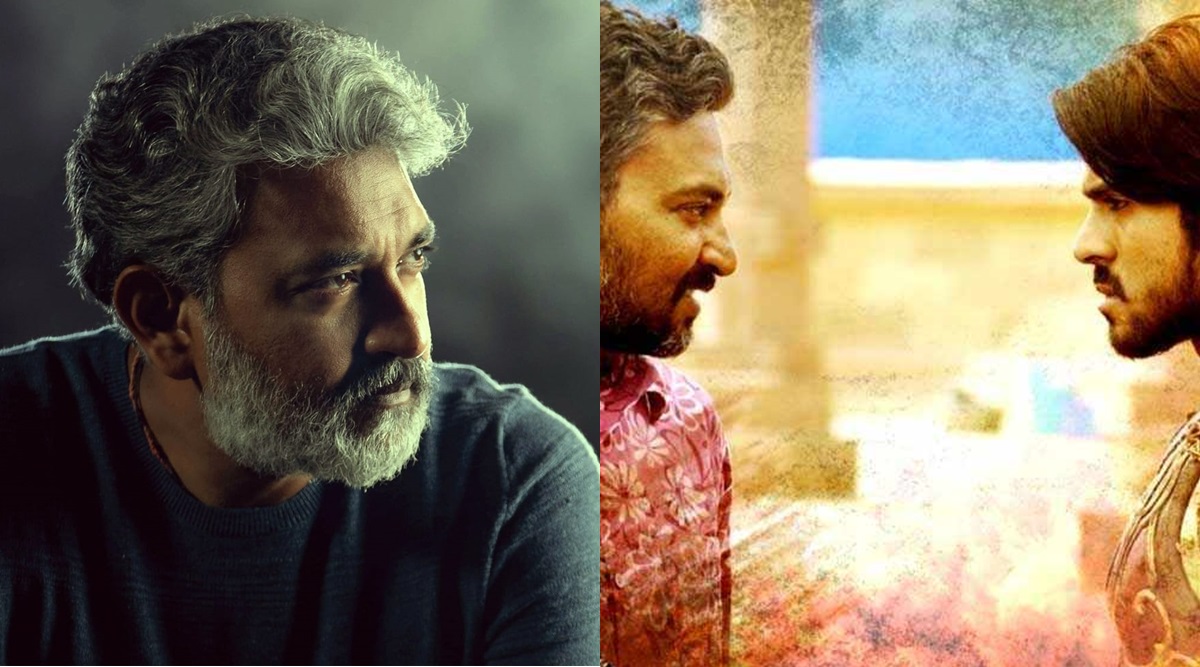A sure-shot sign of a well-written film is when you can’t tell who is the villain within the first 10 minutes. The insidious antagonist creates an illusion of distrust in the narration while not giving himself away. We can’t put a figure on who’s the bad guy or what are their motives till we are immersed in the film and trying to untangle the knots. That pivotal point usually comes very close to the climax. This is the journey of watching filmmaker-actor Rishab Shetty’s latest film Kantara, a well-written, beautifully shot, and amazingly performed cinematic experience.
The main plot of Kantara is a familiar one. The film revolves around the rights of indigenous people to the land where they have lived for generations. It’s a power struggle between the native people and the government, which tries to regulate their way of life. A man walks into the forest to fetch some herbal roots that will stop his hair fall based on his wife’s advice. Muralidhar (Kishore), the forest officer, takes offence, slaps the locals and asks, “Do you think this forest is your ancestral property?” The short answer is yes. The locals think they are entitled to enjoy everything that the forest has to offer, for they have been part of its ecosystem for hundreds of years. The indigenous people fail to comprehend the orders of the cop. “Who the hell is he to tell us all these things?” they wonder.
Muralidhar cannot understand this sense of entitlement while the people of the forest struggle to understand how he holds authority over their lives.
Rishab’s Shiva, the hero of the film, comes from a long line of men who perform ‘Bhoota Kola’, the spirit worship. He is, however, too distracted by the temptations of life to have the discipline to carry forward his family’s legacy. Good for him, he has a younger brother, who performs his Bhoota duties with exemplary discipline and devotion. Shiva’s pastime is hunting wild boars, which also have a sacred place in their culture. In a way, he’s killing wild boars because they haunt him in his dreams. For him to transform and become the ‘demi-god’, he first needs to first tame his inner demons.
Rishab, who has also written and directed this film, narrates this conflict of ignorance and misunderstanding in a colourful and visually engrossing manner. He bases this film on the folklore of Karnataka’s Tulu Nadu region. He infuses every frame with pure visceral energy by introducing us to the wild, vibrant and youthful vigour of the lifestyle of the people of that region. The culture of Bhootaradhane adds a powerful dose of mystery and thrill and enhances the way we experience the story of Kantara.
The wonderful frames of cinematographer Arvind S. Kashyap gel well with the highly imaginative music beats composed by B. Ajaneesh Loknath. In the last 15 minutes of the movie, music plays an especially vital role as it complements Rishab’s electrifying performance.





